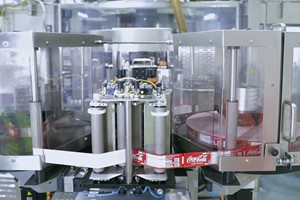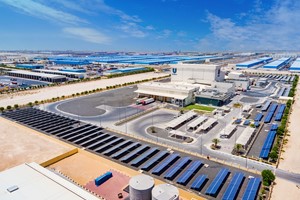In response to the escalating global food crisis fueled by rapid population growth and dwindling food productivity attributed to climate change, researchers are championing a novel approach: microbial food. A recent paper published in Nature Microbiology by Research Professor Kyeong Rok Choi of the BioProcess Engineering Research Center and Distinguished Professor Sang Yup Lee from the Department of Chemical and Biomolecular Engineering outlines a pioneering direction for research in microbial food production from sustainable raw materials.
Microbial food encompasses various foods and food ingredients derived from microorganisms. Notably, microbial biomass boasts a high protein content per unit dry mass, comparable to traditional meat sources, while emitting minimal carbon dioxide during production compared to livestock, fish, shellfish, and crops. This sustainable and highly nutritious resource requires minimal water and space, positioning it as an eco-friendly alternative amidst mounting environmental concerns.
Fermented foods, prevalent in various culinary traditions, represent a readily available form of microbial food. During fermentation, microorganisms consume carbohydrates, enriching the final product with proteins and vitamins. Moreover, microbial culture yields a spectrum of food compounds including amino acids, proteins, enzymes, flavorings, colorings, and bioactive substances, all vital components in contemporary food production.
The focal point of the researchers' investigation is the utilization of non-edible raw materials for microbial food production, offering a more sustainable approach to meet growing food demands. They discuss diverse microbial foods already in production, their characteristics, and the potential for widespread adoption.
Research Professor Kyeong Rok Choi expressed optimism, stating, "Microbial foods from sustainable sources will soon become commonplace on our tables." Second author Seok Yeong Jung, a doctoral student, emphasized that future microbial foods will not merely serve as environmental obligations but will be chosen for their nutritional value and taste.
Distinguished Professor Sang Yup Lee underscored the need for collaboration between industry, academia, and public and private sectors to advance the development and distribution of diverse microbial foods, laying the foundation for a sustainable society for current and future generations.
As the world grapples with mounting food insecurity exacerbated by climate change, the proposal of microbial food offers a promising avenue towards sustainable food production, heralding a paradigm shift in the global food landscape.
phys.org











